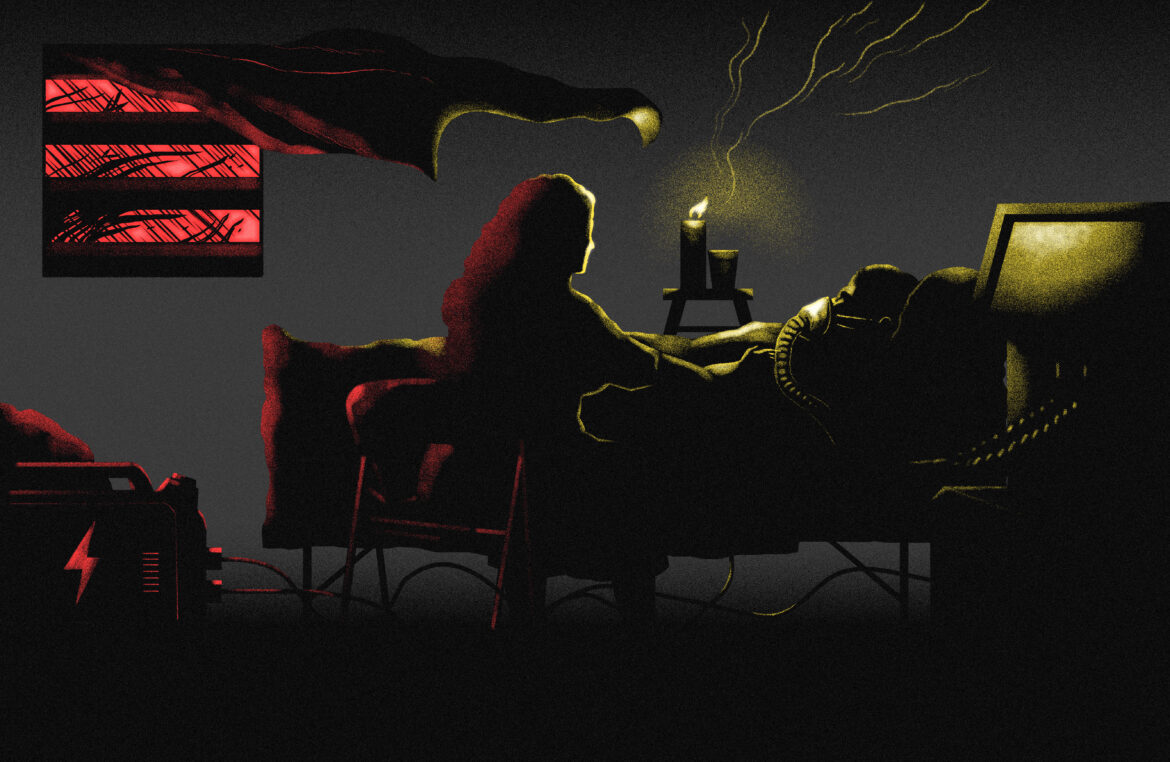Centro de Periodismo Investigativo
Puerto Rico Health Dept. Repeats Hurricane Maria’s Mistakes During Fiona with Patients Who Depend on Electricity
|
The day before Hurricane Fiona made landfall, Petra Rodríguez tried to turn on the power generator she had just bought, but it arrived damaged. She needed electricity to power the electric pump with which she feeds her 93-year-old mother, who is bedridden, and to operate the adjustable bed and inflatable mattress, which keep her from getting ulcers. Rodríguez (a fictitious name to protect her identity) recalled that she had received days before an announcement about a registry of people with special needs from the Municipality of San Juan in her mailbox. The woman registered her mother in the program that proactively offered her shelter and medical staff, before the disaster. On Sunday, September 18, when Hurricane Fiona caused a general blackout in Puerto Rico, the shelter she went to immediately turned on the power plant and her mother was able to operate her medical equipment.



